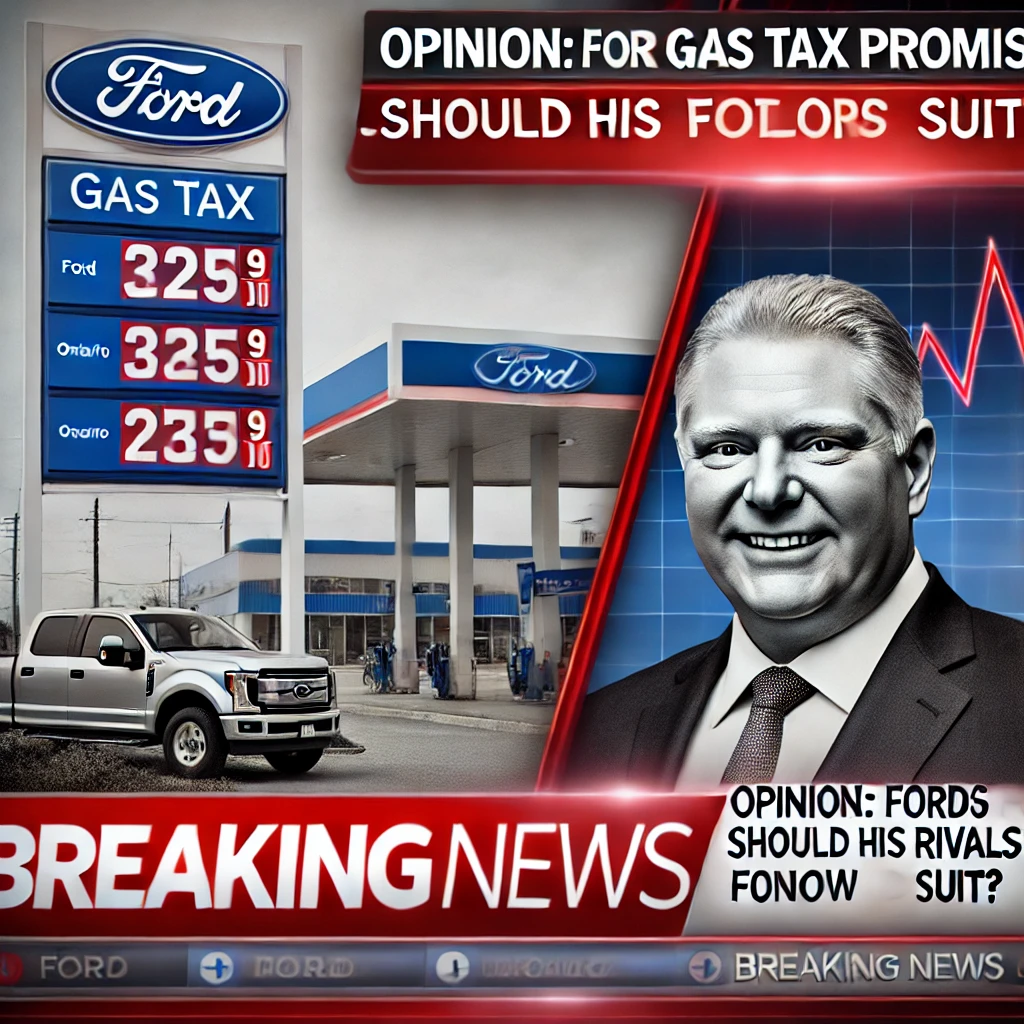Ontario Premier Doug Ford has vowed to make the province’s gas tax cut permanent, eliminate tolls on Highway 407 East, and prohibit congestion charges on all roads if re-elected. These pledges aim to ease costs for drivers, but they have also ignited debate over their environmental impact and long-term feasibility.
Environmental Concerns
Critics argue that these policies could undermine climate change efforts by encouraging more car usage and increasing carbon emissions. The removal of tolls and a permanent gas tax reduction may boost traffic congestion, making Ontario more reliant on fossil fuels—directly contradicting environmental targets.
Alternative Solutions
Opponents suggest that instead of subsidizing driving, the government should prioritize investments in public transit, cycling infrastructure, and green transportation initiatives. Expanding these alternatives would reduce emissions, promote sustainability, and create long-term economic benefits without further entrenching car dependency.
Political Implications
Opposition parties have criticized Ford’s proposals, calling them “short-term gimmicks” rather than meaningful solutions. They argue that the government lacks the necessary funding to sustain these promises and that broader, more strategic policies are needed to address Ontario’s transportation challenges.
Finding a Balance
Ford’s pledges may resonate with voters looking for immediate financial relief, but their long-term impact remains uncertain. A truly effective transportation strategy should balance affordability with sustainability, ensuring Ontario’s roads remain accessible without sacrificing environmental progress.
The real question is: Can we afford to prioritize short-term savings over long-term solutions?



